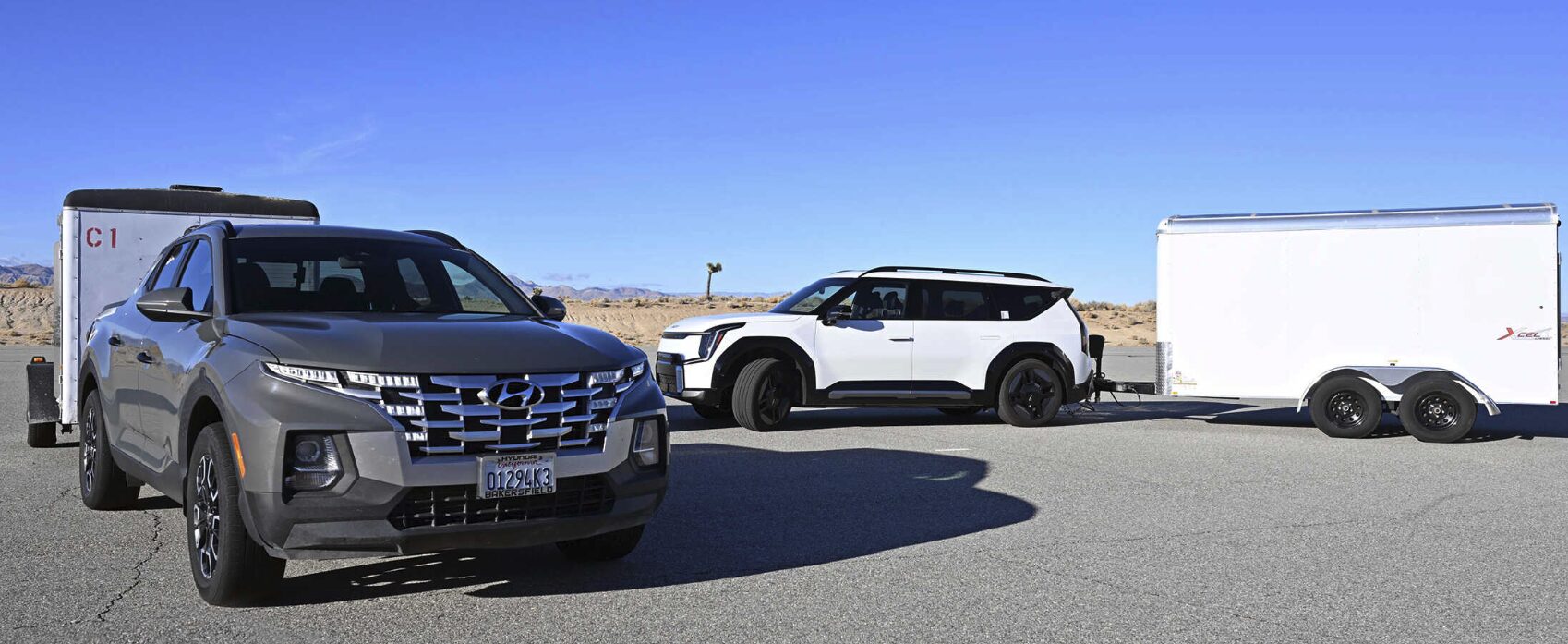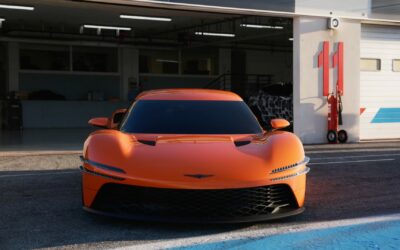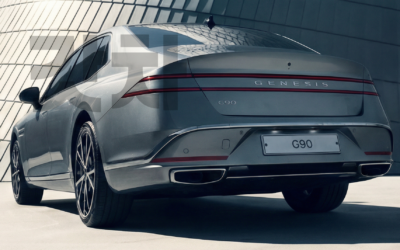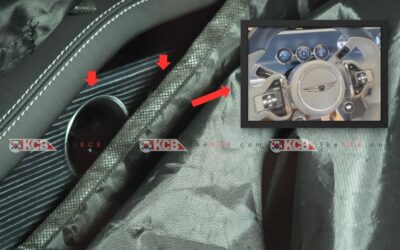Hyundai and Kia are taking a defiant stand—resisting price hikes despite mounting economic pressure while global automakers are moving swiftly to raise vehicle prices in the United States amid President Donald Trump’s renewed automotive tariff policy,
As pre-tariff inventories run low and competitors pass costs onto consumers, Hyundai and Kia’s steadfast commitment to pricing stability is earning industry attention—even as experts question how long they can hold the line.
Rivals Give In: Mitsubishi, Ford, and Subaru Raise Prices
On June 18, Reuters and industry sources confirmed that Mitsubishi has increased U.S. vehicle prices by an average of 2.1%, becoming the latest automaker to adjust prices in response to Trump’s tariffs. The Japanese carmaker had temporarily suspended U.S. exports in April, resuming only recently under the new tariff regime.
Other major players are also bowing to tariff pressure. Ford increased prices by up to $2,000 last month, and Subaru followed with hikes ranging from $750 to $2,055 across core models.
Hyundai and Kia: Holding the Line Amid Mounting Tariff Pressure
Hyundai and Kia stand out as the only major automakers not yet raising prices, a move that sets them apart in a market quickly shifting under political and economic strain. Their ability to resist, however, is tied to strategic foresight—they stockpiled 3 to 4 months’ worth of inventory in North America ahead of the tariff implementation.
But those reserves are depleting fast. Industry analysts warn that Hyundai and Kia may soon have no choice but to implement gradual price hikes, especially if tariffs continue to increase or inventory levels drop below sustainable levels.
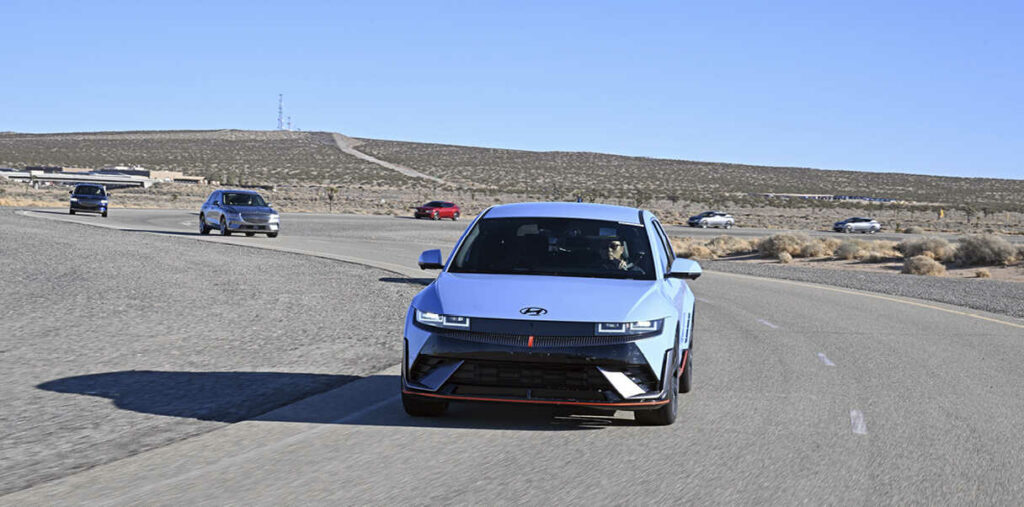
High Import Dependency Heightens the Stakes
Adding to the pressure is the high import ratio of Hyundai and Kia vehicles sold in the U.S. — a staggering 65%, compared to Honda’s 35%, Toyota’s 51%, and Renault-Nissan-Mitsubishi’s 53%. This heavy reliance on imported vehicles means Hyundai and Kia are absorbing a greater share of tariff costs than any other major automaker.
Long-Term Solutions in Motion, But Short-Term Relief Uncertain
Hyundai and Kia are not sitting still. The companies have announced mid-to-long-term plans to expand U.S. production capacity to 1.2 million units annually. As part of this, Tucson production is being shifted from Mexico to Hyundai’s Alabama plant in a bid to reduce exposure to cross-border tariffs.
Meanwhile, Hyundai Motor Group Metaplant America (HMGMA)—which held its completion ceremony in March—is expected to add 200,000 units of production capacity, with hybrid vehicle output beginning next year. However, the plant is still ramping up: only 8,674 vehicles were shipped last month, including 6,292 IONIQ 5 and 2,382 IONIQ 9 models.

